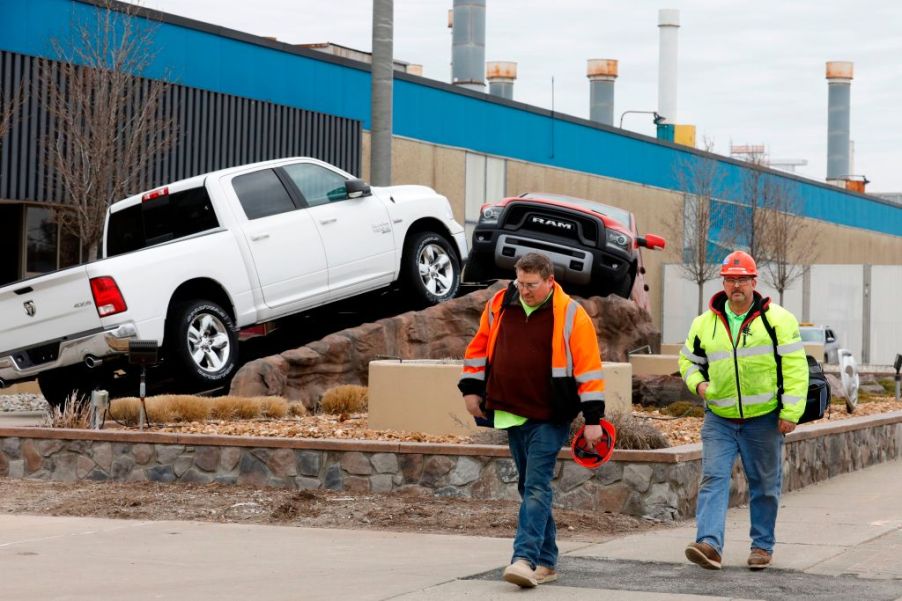
Emissions ‘Repairs’ Are Causing Ram Trucks and Jeeps To Lose Power
Not too long ago there was a big push by the EPA to resolve issues with big trucks and SUV emissions and it seems to revolve around the state of California. There have been many new mandates aimed at balancing out the number of emissions produced by large vehicles and diesel trucks, and owners haven’t been too happy with the results. Car manufacturers are doing everything that they can to keep up with the new waves of change, but it’s costing their customers a lot more than a few extra dollars.
The new mandate
The new mandates are aimed directly at trucks and SUVs, the two vehicles deemed to produce the most emissions. Car manufacturers are being called to produce trucks and SUVs with zero emissions by the year 2024, and it will have some major consequences for owners. In the meantime, states like California — that require yearly emissions inspections — are requiring ‘repairs’ to lower current emissions.

It isn’t overly clear what repairs are being to reduce the emissions of trucks like Jeep and Ram 1500s, but the results are doing much more than just changing the exhaust. The fuel economy, acceleration, and overall drivability of cars are being affected by these repairs.
We are disappointed in FCA for several reasons. The first is that they produced and sold vehicles that didn’t meet emissions requirements in the first place. The second is that they didn’t give us a reasonable resolution, and instead throttled our overall driving experience and then attempted to remedy the problem later on with a software update.
Lowered performance, increased complaints
After having the emissions ‘repairs’ done many owners have been left disgruntled and full of complaints. A few truck drivers have stepped up and said that the repairs have completely altered their driving experience, and not in a good way. Performance, fuel economy, and acceleration are being affected as well, and consumers aren’t too happy.

After the repairs, consumers are complaining about having noticeably decreased fuel economy, some claiming to get as much as 25% less mileage for the same amount of gas. This almost completely negates the decrease in emissions as consumers are being forced to use even more gas than before.
Another major complaint is that their vehicles are beginning to lag noticeable, with a slower response to the acceleration and overall sluggish performance compared to before they brought their vehicle in for the emissions repairs. FCA claims that a software update that has been completed in many vehicles has mostly resolved these issues, and doesn’t intend on changing their current procedure.
In the upcoming model years, we will likely be seeing some drastic changes in trucks and SUVs produced by Jeep and Ram, but hopefully, they will have all of the problems ironed out before they even make it to the dealership lot.


